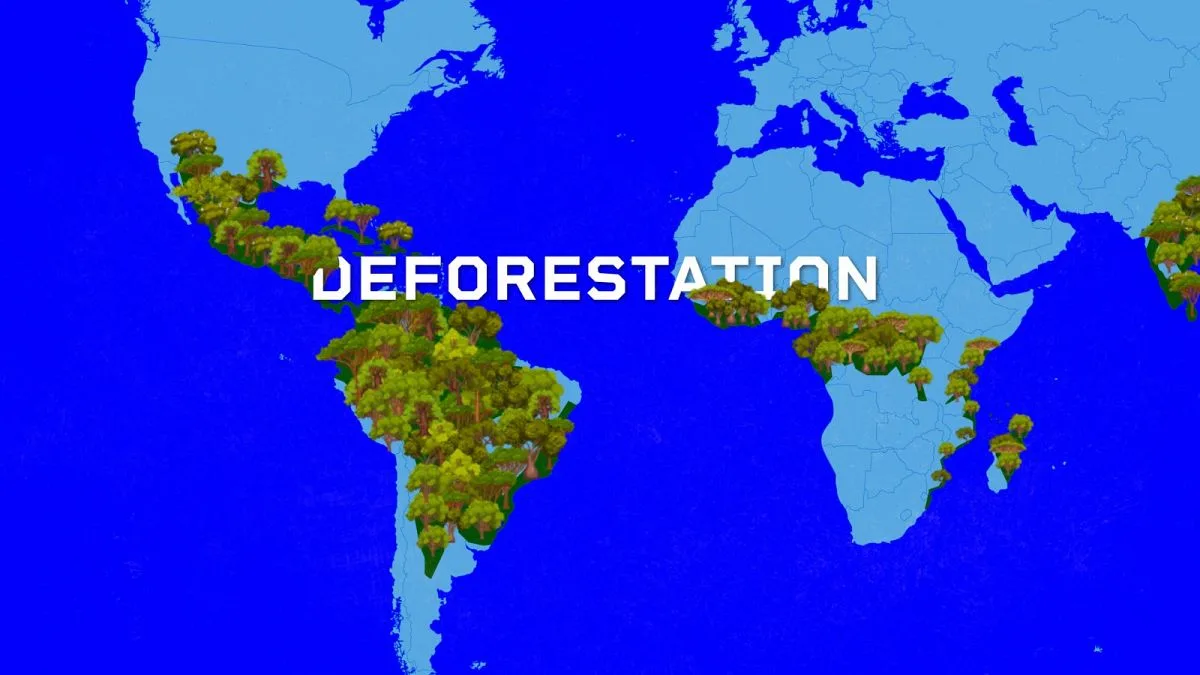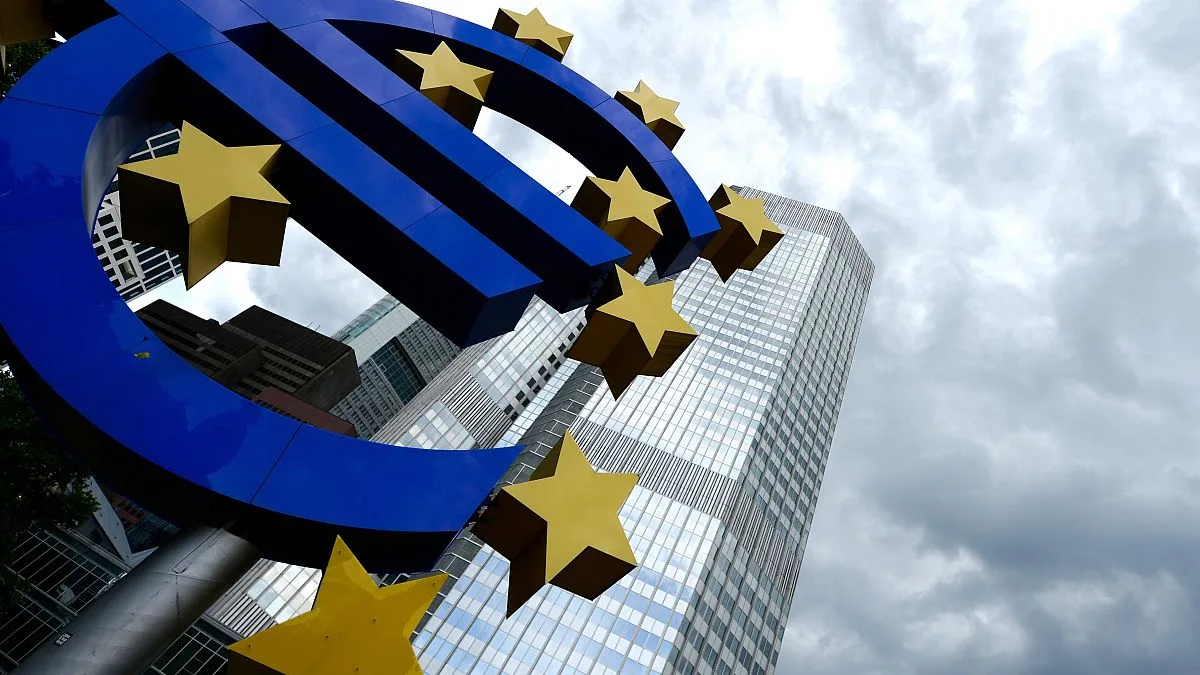Have you ever wondered how your shopping choices impact the survival of rainforests? The European Union (EU) believes they do, and in this article, we delve into its recent deforestation law that is stirring controversy among businesses and governments negotiating ways to delay its implementation.
Enacted in June of last year, the new deforestation law mandates companies to demonstrate that their manufacturing processes and supply chains do not contribute to forest destruction—especially in tropical regions crucial for climate stability. Under the new regulations, items such as cattle, cocoa, coffee, palm oil, soy, timber, rubber, coal, and paper can only be available in the EU if they are not linked to deforestation occurring after 2021.
However, some EU member states, along with exporting countries and certain business sectors, are expressing concerns over the financial and bureaucratic burdens required for monitoring compliance. In response, the European Commission has proposed postponing the law’s implementation date from December 30 by one year.
While the governments of the 27 member states accepted this delay, a political dispute erupted during the European Parliament’s vote on November 14. The center-right European People’s Party seized the opportunity to introduce amendments aimed at weakening the legislation and suggested creating a “risk-free” category of countries exempt from the new regulations. This move reflects significant pushback from industrial sectors critical of the law, even as some multinational corporations advocate for its rapid enforcement.
Adapting to these regulations may result in higher costs for some products. Interviews with residents in Madrid (Spain) and Budapest (Hungary) indicate a public divided over the trade-off between environmental preservation and rising prices at the store. A Madrid local noted, “For families with many members, it’s tougher to consider these issues, but if possible, I believe we should try. I’d endure a bit of inflation to help save the planet,” while another from Budapest echoed, “I think it’s worth sacrificing some personal finances to protect our ecosystems.”
Is EU Credibility at Stake?
Anna Cavazzini, president of the Committee on the Internal Market and Consumer Protection in the European Parliament, warned that delaying this law jeopardizes the EU’s credibility as a political authority. “Firms and citizens are preparing for these changes, and then we suddenly suggest weakening the law or postponing it again. Adapting is essential in the early stages, but soon we’ll have a clearer supply chain that companies can easily comply with,” Cavazzini, a Green MEP from Germany, stated.
As the law undergoes further negotiations among the European Commission, the European Council representing member states, and the European Parliament, voices from various political factions, such as the Social Democrats and the Greens, are calling for the EU to withdraw its proposal for a delay.
It is estimated that European consumption contributes to 10% of global deforestation. But how quickly must we act to reverse this trend, and are we willing to bear the associated costs?
Find out more details in the video!
Journalist: Isabel Marques da Silva
Production: Pilar Montero López
Video production: Zacharia Vigneron
Graphism: Loredana Dumitru
Editorial coordination: Ana Lázaro Bosch and Jeremy Fleming-Jones
Photo credit & article inspired by: Euronews



